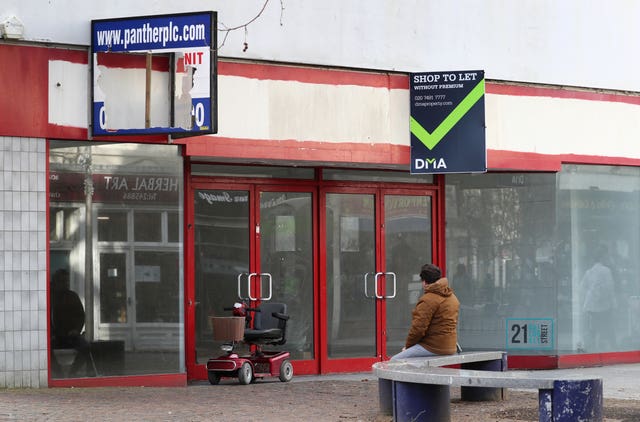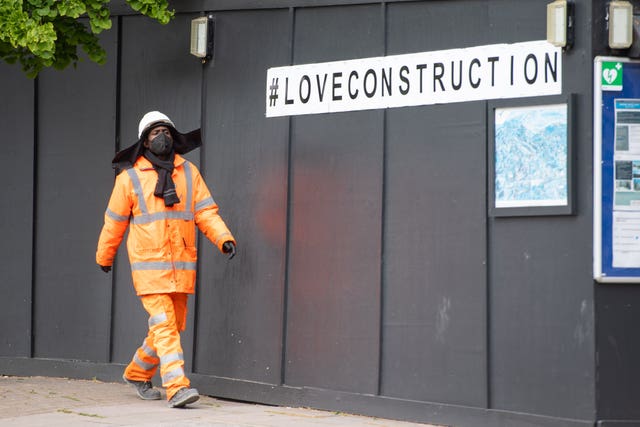Boris Johnson’s strategy to revive the economy as it emerges from the coronavirus crisis will see England’s planning rules torn up to make it easier to build new homes.
– What has the prime minister announced on planning?
New regulations will make it easier to change land use in town centres, allowing empty shops to be converted into homes.
Downing Street claimed the proposals were “the most radical reforms to our planning system since the Second World War”.
– How will it work?
More types of commercial premises will have total flexibility to be repurposed through reform of the Use Classes Order.
A building used for retail would be able to be permanently used as a cafe or office without requiring a planning application and local authority approval.
But pubs, libraries, village shops and other facilities judged to be essential to communities will not be covered by these flexibilities.

– What about planning applications?
A wider range of commercial buildings will be allowed to change to residential use without the need for a planning application.
Builders will no longer need a normal planning application to demolish and rebuild vacant and redundant residential and commercial buildings if they are rebuilt as homes.
– What about extensions?
Property owners will be able to build additional space above their properties via a fast-track approval process, subject to consultation with neighbours.

– When will this come in?
They are expected to come into effect by September through changes to the law.
Number 10 officials stressed that developers will still need to adhere to high standards and regulations, but without the “unnecessary red tape”.
– This all sounds vaguely familiar?
Efforts to make it easier to build more homes have been going on for years under successive governments.
In March 2019, then local government secretary James Brokenshire promised new planning rules so the owners of high street premises can change the way the buildings are used more easily.
Brokenshire had also proposed a new right to allow buildings to extend upwards to create new homes.
– Did the prime minister announce anything else on housing?
Officials will examine how public sector-owned land can be managed and released, possibly for new homes or environmental schemes.
The pilot of the previously-announced First Homes scheme will see 1,500 homes sold to first-time buyers at a 30% discount, which will remain in perpetuity for future owners.
Money from the £400 million Brownfield Land Fund has been allocated to the West Midlands, Greater Manchester, West Yorkshire, Liverpool City Region, Sheffield City Region, and North of Tyne and Tees Valley to support around 24,000 homes.
– Anything else?
More change is coming down the track, with a planning policy paper expected next month to set out a comprehensive reform of the entire system.
– How are the proposals being received?
The Campaign to Protect Rural England (CPRE) warned that deregulation would not help address the housing shortage because it is “already far too easy to build poor-quality homes”.
CPRE’s Tom Fyans said: “Transferring decision-making power from local councils and communities and handing them to developers is the exact opposite of building back better.”



















